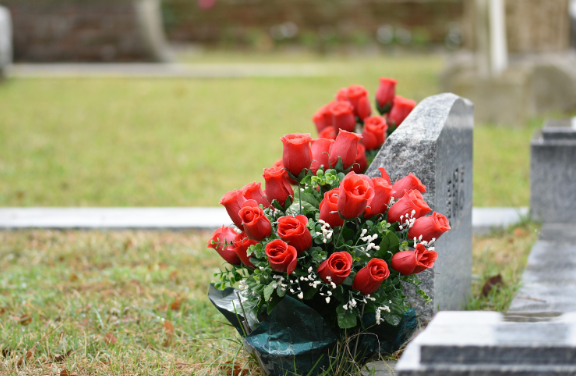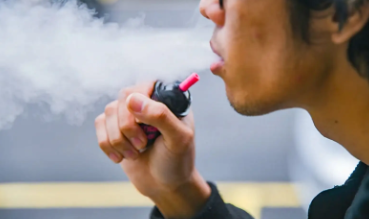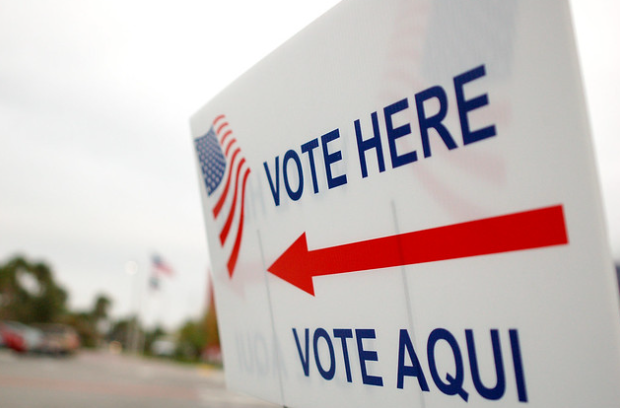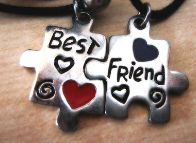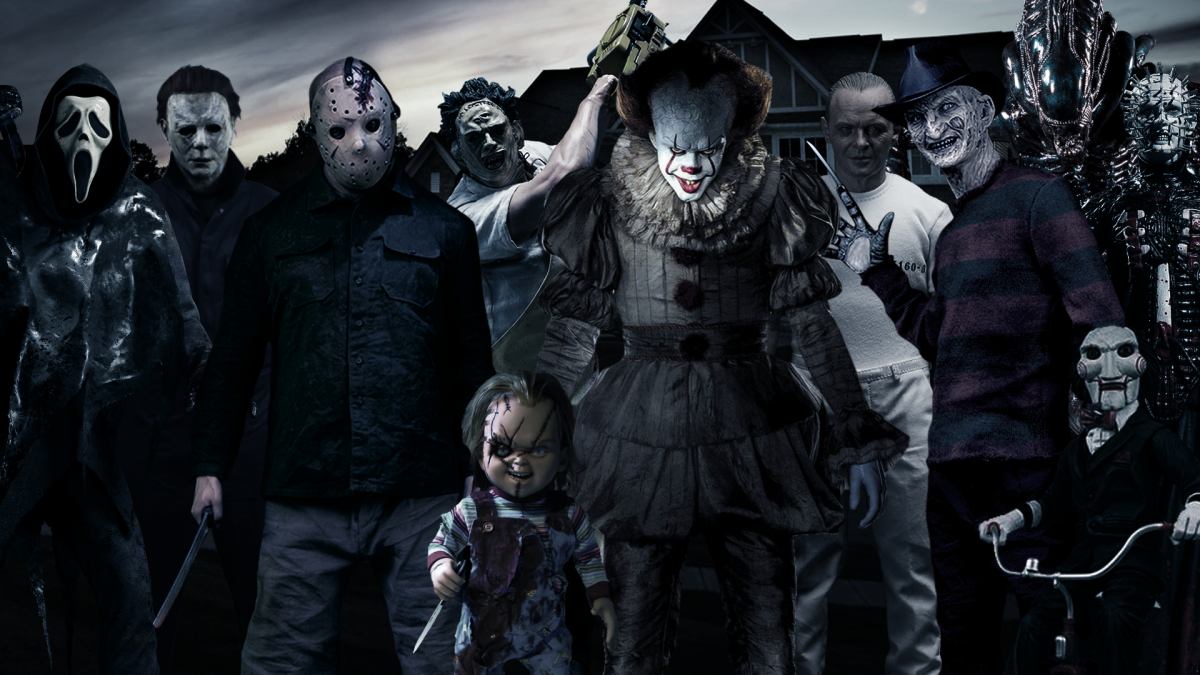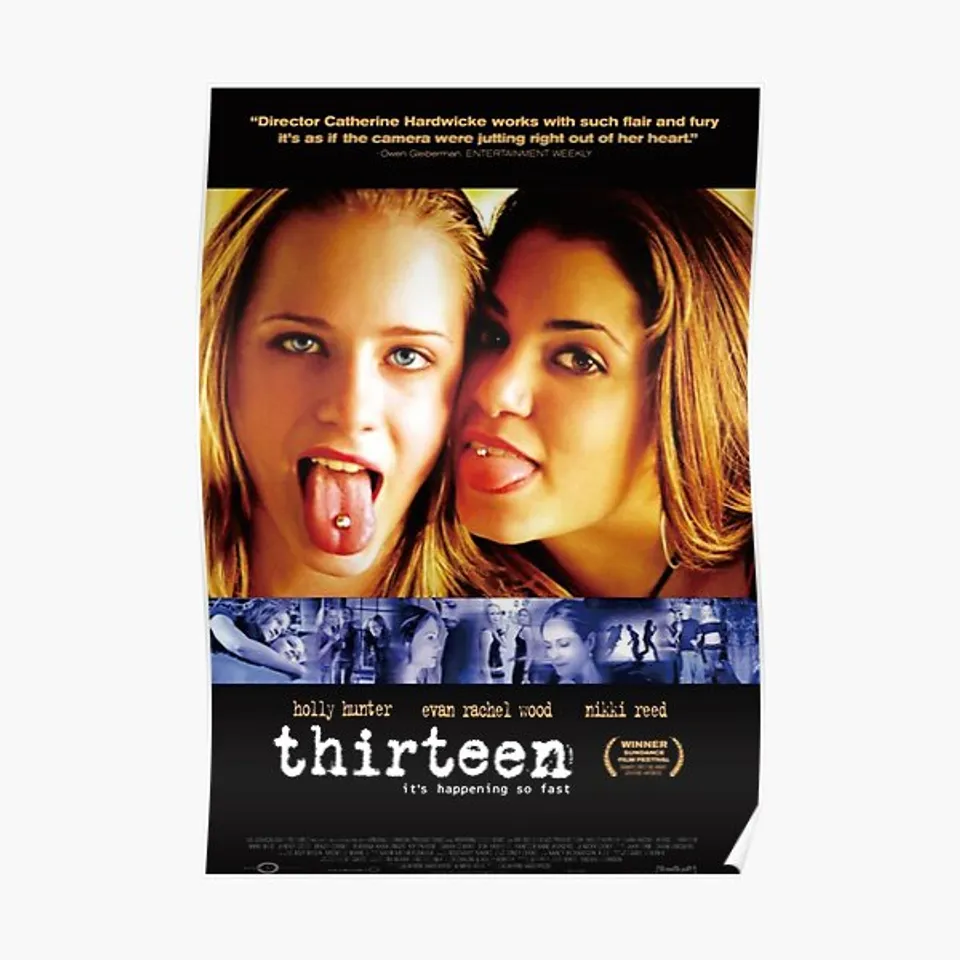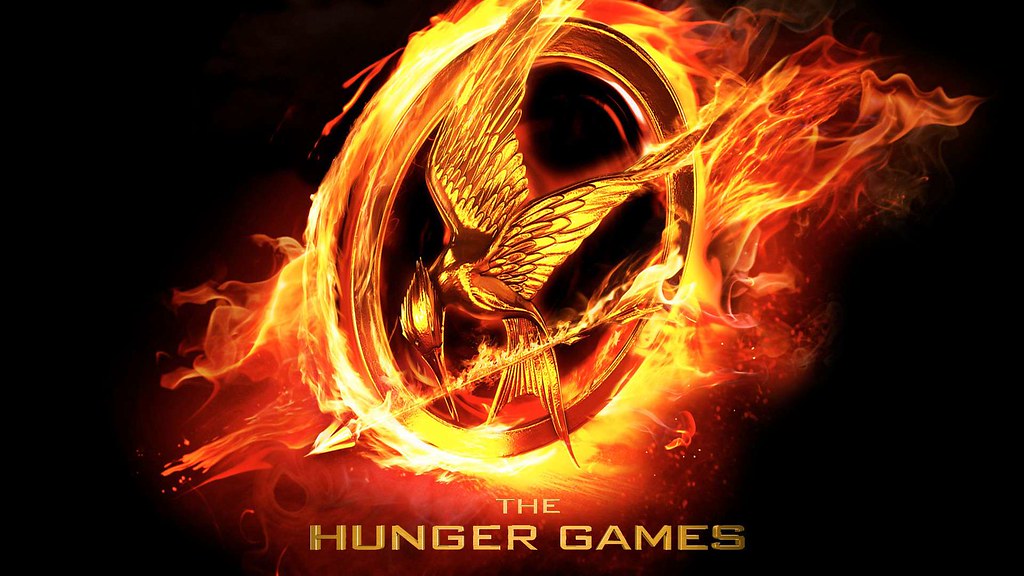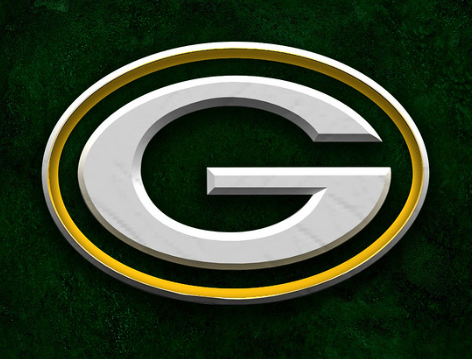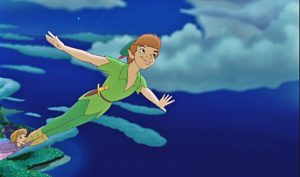Sonic Boom: The Tragic Implosion Of The Seattle SuperSonics
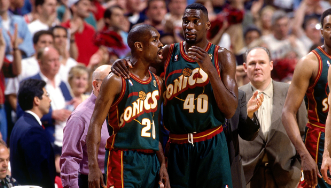
Image via NBC Sports
October 18, 2022
In 1996, The Seattle SuperSonics achieved something some teams can only dream of, making it out of the competitive western conference of the 90s, and making it to the NBA Finals. Led by Defensive Player of The Year, Gary Payton, and his All-Star pick-and-roll partner, Shawn Kemp, the Sonics faced Michael Jordan and company’s 72-10 Record Breaking Chicago Bulls, arguably the greatest NBA team of all time. Although it was a tough battle, Seattle lost four games to two, in Michael Jordan’s first championship since he return to the NBA. Only 12 years later, the city that could’ve hosted another championship parade, lost its beloved Sonics, after they were sold and relocated. How could the same team that gave a prime Michael Jordan a run for his money, leave for the midwest a decade later?
An Abridged History of The Seattle SuperSonics
The Seattle SuperSonics joined the NBA via expansion in 1967, along with the San Diego Rockets. The team achieved success somewhat quickly, making the playoffs for the first time in 1975, and the finals in back-to-back years in 1978 and 1979, with the Sonics winning their only championship in Seattle in 1979, led by players like Finals MVP Dennis Johnson, Veteran shooter Fred Brown, Sixth Man/Future All-Star Gus Williams, Defensive stud Paul Silas, and Future Hall of Famer Jack Sikma. Following the 1979 Championship, The Sonics experienced a decade of mediocrity, with little to write home about, minus a few all-star selections. In 1983, The team was sold to Barry Ackerley, following several relocation rumors. The team went through another period of rebuilding in the late 80s and selected Concord High School Forward, Shawn Kemp, and Oregon State Guard, Gary Payton, in 1989 and 1990 respectively. The team also drafted Central Arkansas Forward and future Hall of Famer, Scottie Pippen, with the 5th pick in the 1987 draft, however, traded him on draft night to the Chicago Bulls for 8th Overall Pick, Olden Polynice, most known for being arrested for impersonating a police officer while a member of the Utah Jazz. George Karl’s 1992 hiring as head coach signaled a new era of Seattle basketball, as the SuperSonics fell 14 points short of making it to the NBA Finals by the Phoenix Suns in Game 7 of the Western Conference Finals in Karl’s first year as head coach. As mentioned earlier, in 1996, The SuperSonics made the Finals for the last time in Seattle, losing to the Chicago Bulls in 6 games. This finals loss also signaled the end of the Payton/Kemp/Karl era, as a year after Seattle’s Finals run, Shawn Kemp requested a trade following a contract dispute and was dealt to the Cleveland Cavaliers in a three-team deal, in which Seattle received all-star Milwaukee Bucks forward, Vin Baker. In 1998, the team drafted scoring big man, and future All-Star, Rashard Lewis, out of High School. In 2001, ownership of The SuperSonics was transferred to Starbucks CEO, Howard Schultz. In 2003, Seattle traded veteran Gary Payton to the Milwaukee Bucks for All-NBA shooter, Ray Allen. In 2005, Allen and Lewis lead the SuperSonics to their final division title and playoff appearance, finishing third in the western conference, only losing to the powerhouse San Antonio Spurs in six games in the Conference Semifinals. In 2006, Schultz sold the Sonics and their sister franchise, the Seattle Storm, to a group of Oklahoma City-based investors, led by Clay Bennet. In 2007, the Sonics had the second-worst record in the League and coincidentally, the second pick in the draft, selecting Texas Forward and future MVP, Kevin Durant, whilst also trading Ray Allen to the Boston Celtics for several players, including the rights to fourth overall pick, Jeff Green. That same year, Bennett announced his intent to move the SuperSonics to OKC. In April 2008, NBA Owners approved The Sonics’ relocation to OKC in a 28-2 Vote, with only the Trail Blazers and Mavericks voting against the move. Seattle selected Russell Westbrook and Serge Ibaka with their final first-round picks as the SuperSonics, before seemingly overnight, packing up and moving to the Ford Center, under their new name, The Oklahoma City Thunder.
The Business of Basketball
The NBA, much like the MLB, NFL, NHL, or any other sports league, is a business, and the Seattle SuperSonics were sadly a victim of that business. Major sports leagues are more likely to move a team into a market that hasn’t been tapped in yet or just somewhere that would improve ticket sales overall than being patient with ownership and fans. For a recent example, even though the Oakland Raiders had one of the most devoted fanbases in sports, and were relatively one of the NFL’s most globally iconic franchises, the team was relocated to Las Vegas in 2020, because of the team’s outdated home of the Oakland-Almeda County Coliseum. The same happened to the SuperSonics in the mid-2000s. Even though Seattle had big-name players like Ray Allen, Gary Payton, and Kevin Durant, and had just made a finals appearance in the past decade, the league and owner Clay Bennett weren’t going to wait around any longer for Seattle to replace the then-forty-year-old KeyArena, and when the public wasn’t able to fund a new arena, Bennett was not going to keep a team, one of the worsts in the league, record-wise, at that time, in an arena that ranked in the bottom-five for attendance in the last three seasons. The SuperSonics’ rapture from Seattle, really does show you that it doesn’t matter if you have a strong fanbase, draft future MVPs, or consecutively make the playoffs, in the eyes of the league, your team is purely just a product to consumers.
Future of Basketball In Seattle
Ever since the Sonics’ exodus from Seattle, talks have been rampant about bringing an NBA franchise back to The Emerald City. Many teams have been in talks of potentially selling and moving to Seattle, such as the Atlanta Hawks, Milwaukee Bucks, New Orleans Pelicans, and Sacramento Kings. In 2011, a new arena to replace KeyArena was proposed to be built close to Safeco and CenturyLink Field, with the intent of reincarnating the SuperSonics and luring an NHL franchise to Seattle, however, was shot down in 2017, after the City of Seattle chose to renovate KeyArena rather than build a new arena. In 2018, The NHL approved a Seattle expansion team (later became the Seattle Kraken) to begin play in the 2021-22 Season. That same year, KeyArena began redevelopment and was reopened in 2021, as the Climate Pledge Area, following Amazon purchasing the arena’s naming rights. The Sonics’ younger sister franchise, The Seattle Storm, seemingly overtook the role of a Pro Basketball team in Seattle, as a dynasty was built around the time of the Sonics’ departure, and has been going strong ever since, winning three championships between 2010 and 2020. Since leaving Seattle, The NBA has held two preseason exhibition games in Seattle, once in 2018, and most recently, earlier this month. Many big names figures in Seattle and around the sports world have spoken out about wanting to bring the Sonics back, such as Jamal Crawford, Russell Wilson, and Steve Ballmer. Recently this year, it was reported that NBA Commissioner Adam Silver was highly interested in a Seattle/Las Vegas Expansion. It was even rumored and falsely reported that the NBA was planning on announcing Seattle and Las Vegas expansion teams during halftime of the Clippers/Trail Blazers exhibition game held at Climate Pledge Arena, last month. In my opinion, I do believe that whenever the NBA expands, or a team moves, whether that be in 5 years to 20 years, it will be in Seattle. There’s way too much fan interest and Seattle is too big of a city for there not to be an NBA team.

